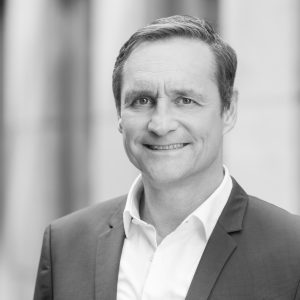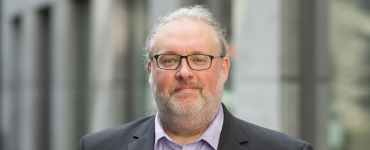Since 1st January 2018, the German Network Enforcement Act (NetzDG) obligates the operators of social networks to delete criminal content from their networks within a given period of time and under the threat of potentially heavy fines. On 1 April, the German Cabinet adopted a further reform of the Network Enforcement Act.
On this reform, Chair of the eco Board Oliver J. Süme has the following to say:
“We certainly cannot see the Network Enforcement Act (NetzDG) as a political model for success. The act was created as a quick fix and it is now being reformed just as hastily by the legislator. The governing coalition presented the second amendment to this act this year, but the much touted review has not yet taken place. Even if we’re all in agreement that consistent action must be taken against crimes on the Internet, the operators of social networks must not be constantly confronted with new legal uncertainties and obliged to comply with further stipulations. We need a transparent approach to the fight against hate crime on the Internet with comprehensible reporting channels and complaint procedures – not the umpteenth new edition of an act that is already fundamentally flawed, involving requirements and obligations that are ever more extensive.”
Keep obligations on video sharing platforms proportionate by means of notification and redress procedures
The new reform would also lead to further legal uncertainties and ambiguities in other areas. In this regard, a development which the Association of the Internet Industry also views as problematic is the planned extension of the Telemedia Act to apply to video sharing platforms. This is likely to pose considerable challenges, especially for small and medium-sized enterprises, as well as for platforms with a limited reach or a special focus, and is poised to impose a considerable financial and organizational burden. eco argues here that the requirement of “immediacy” should not be interpreted too narrowly and that companies should also be given the opportunity to outsource or centralize the notification and redress procedure to a qualified body such as an external contractor.
eco has drawn up two opinions on the drafts for an “Act on Amending the Network Enforcement Act” (in English / in German) and “Act on Combating Right-Wing Extremism and Hate Crime” (in German only), drafts which were proposed by the German Federal Ministry of Justice and Consumer Protection (BMJV) within a short space of time.




